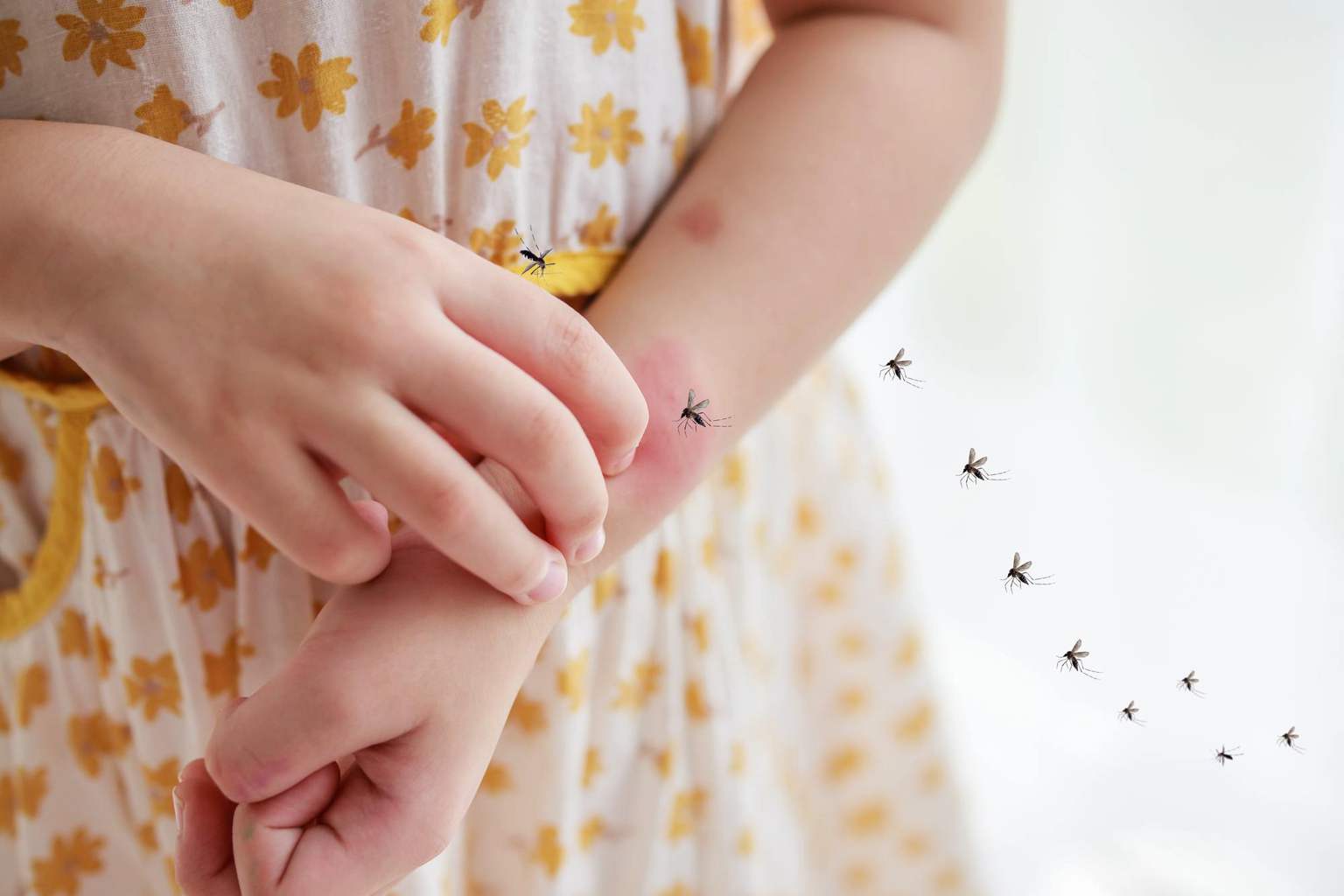Summer invites us outdoors, but with warm weather comes the all-too-familiar nuisance: insect bites. They often trigger irritating itching and burning that can quickly put a damper on a sunny day. Even worse, some bites can lead to severe allergic reactions. So, how can we ease these symptoms naturally and protect ourselves from escalating issues?
If you’re like me, hesitant to reach immediately for over-the-counter medications, this guide will explore gentle, effective natural remedies for insect bites that harness nature’s healing power.
How the body reacts to insect bites
Insect bites occur year-round but become more frequent during warm seasons and outdoor activities. Creatures like bees, wasps, mosquitoes, horseflies, ants, spiders, fleas, and bedbugs are often responsible. Most of these critters inject venom, prompting the body’s immune system to react.
The response typically involves redness, swelling, and itching—the classic signs we associate with bites. However, if you have a history of allergies, even a simple sting can trigger a much more serious reaction called anaphylactic shock. Acting quickly and seeking medical help in these cases is crucial.
From personal experience, I once ignored a mosquito bite that quickly turned swollen and hot to the touch. I applied cold compresses and used aloe vera, which comforted the itching and reduced inflammation overnight. Knowing your body’s signals makes all the difference.
Medicinal plants and natural remedies for insect bite relief
Many plants offer soothing, anti-inflammatory, and skin-regenerating benefits ideal for treating insect bites. According to the scientific journal Current Biology, plant extracts have evolved as a natural defense against blood-sucking insects, making these remedies more than just folklore.
Let’s break down some plant options:
– Petasites (commonly called butterbur), native to Europe, works as a natural antihistamine and analgesic. It can alleviate mild allergic reactions to bee or wasp stings but should be avoided during pregnancy or breastfeeding.
– Basil, whether as an essential oil or a poultice, acts as a mild insect repellent and also calms inflammation from bites.
– For deep skin hydration and healing, aloe vera is a go-to plant. Its gel regenerates damaged skin and is particularly effective after pesky mosquito bites.
– And who hasn’t kept a lemon nearby in summer? Placing a lemon slice on a wasp sting can neutralize venom and reduce swelling—a simple, refreshing fix straight from your kitchen.
Embracing nature: why bugs aren’t just nuisances
It’s tempting to react harshly to insects—especially when their bites ruin our peaceful outdoor nights. But instead of killing them, consider using natural repellents to keep them at bay while preserving their vital role in the ecosystem.
Insects contribute significantly to pollination, pest control, and the food chain. Their decline endangers biodiversity and ultimately human survival. From long sleeves and mosquito nets to habitat-friendly repellents, small choices can make a big difference.
In most cases, insect bites are irritating but harmless. Still, if you’re traveling abroad, research local insects beforehand—some bites can be dangerous or even deadly.
Have you ever tried a natural remedy that worked wonders on an insect bite? Or perhaps you have your own tip or story about avoiding these pesky invaders? Share your experiences in the comments below, and let’s keep the conversation buzzing!
